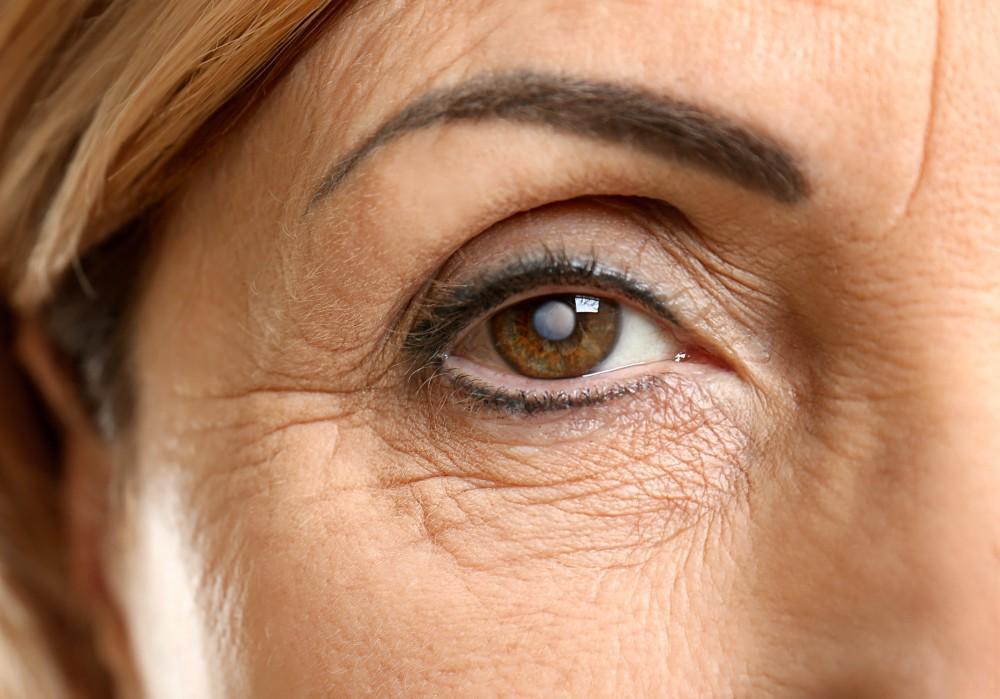
What to Expect From Your First 3D Mammogram
A mammogram is an X-ray of your breasts. It’s the best way to identify early...
Read MoreWhen your eyes are healthy and young, the lens that focuses light from the world to the back of your eye and then to the brain is clear. Time and trauma can cause proteins to deposit on the lens, however, transforming clarity to fogginess. A clouded lens is called a cataract.
Peering through cataracts is like looking through a dirty window. Cataracts change the way you see and change the way your eye looks, too.

More than 24 million people in the United States over age 40 have cataracts, and about half of adults over age 75 have cataracts. Worldwide, cataracts are the No. 1 cause of blindness. Genetics and medical conditions may increase your risk of cataracts and could even cause you to develop them at a younger age.
At Eye Associates of Monmouth, our expert ophthalmologist, John Ghobrial, MD, diagnoses and treats cataracts at our Colts Neck, New Jersey, office. While there’s no cure for cataracts, the clouded lens can be removed and replaced with an artificial lens to restore your vision.
Do you have cataracts that threaten your eyesight? Following are four telltale signs that you might:
If your eyesight seems blurrier than usual, it may not just be because you need an adjustment to your eyeglass or contacts prescription. You may be developing cataracts.
Not only can cataracts interfere with clear vision, but they also affect the way you perceive light. If the world seems darker than it used to, or if you need to turn on more lights at night than you did a few years ago, you may have cataracts.
Just as looking through a dirty window changes the way you see colors, so do cataracts. If you’ve noticed that the world seems yellower or browner, almost as if you’re looking through things through a sepia filter, you could have cataracts.
The proteins that collect on your lens in a cataract have a brownish or yellowish tinge. That tinge then affects how well and completely you see colors.
While you may not be visited by spirits, if you’ve noticed ghostlike images around people and objects, a cloudy lens may be the cause. Cataracts can cause other vision distortions, too, such as halos.
If you’re more sensitive to light than you used to be, you may have cataracts. Another telltale sign is that you get headaches after you’ve been exposed to bright lights.
If you suspect you have cataracts, you don’t have to blame your age (although it’s the most common reason). You could have a genetic susceptibility to cataracts. Even babies sometimes develop cataracts. Conditions or habits other than aging that increase your risk for cataracts include:
No matter when or why you develop cataracts, they only worsen with time. You can’t cure them yourself or clean the lens. The only way to treat cataracts is to remove the damaged lens and replace it with an artificial lens.
If you’ve put off an eye exam because you're afraid of cataract surgery, you don’t have to worry about the procedure itself. Today’s laser surgery makes lens replacement fast, easy, and pain-free.
See the world clearly and colorfully again. Contact Eye Associates of Monmouth by phone or book an appointment online for a cataract consultation today.




A mammogram is an X-ray of your breasts. It’s the best way to identify early...
Read More
About 1 in 10 women has ovarian cysts. These small growths form on your ovaries,...
Read More
If you and your partner have decided you’re ready to start growing your family, you’re...
Read More